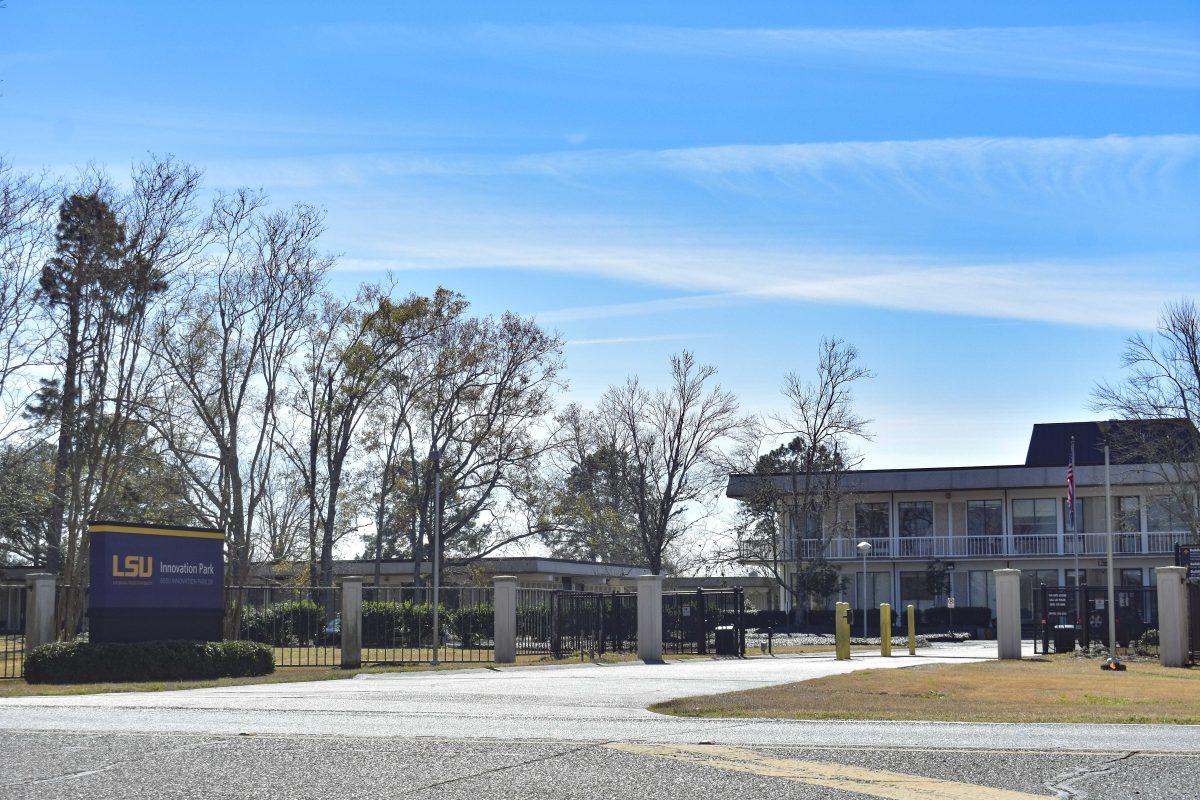LSU has been awarded the host-leadership position in a statewide network that aims to aid small business activity and promote a healthy state economy.
The network, called the Louisiana Small Business Development Center, has locations all around Louisiana.
Small businesses across the state can seek consultation by contacting their regional office and getting help. The organization’s 10 offices will now take direction and report to LSU’s Innovation Park—the host seat of the LSBDC.
Andrew Maas is the associate vice president for Research for Innovation and Ecosystem Development at Innovation Park.
“We can help them. We can help them look at market opportunities, market size and the demographics of a location,” Mass said.
Business consultation services provided by the LSBDC are completely free.
Historically, the sub-centers have worked with a smaller institution; Maas said it hasn’t been as easy to contract with the smaller institutions compared to a larger one like LSU.
Maas believes LSU is well equipped for the job. The university handles $165 million in research and contracts annually and has the infrastructure in place to carry out these operations.
Still, he doesn’t want to make this an “LSU-centric” network.
“As the flagship institution, we have a job to educate the community and state,” Maas said.
Maas wants to see “true collaboration” across the regional offices and the host and wants to take a new approach to the management of the organization. While employees of the other offices won’t be the employees of LSU and therefore won’t report directly to Innovation Park, he says that they’ll enter contracts ensuring LSU’s oversight so that the offices can reach their full regional potential.
The regional offices will meet on a quarterly basis to discuss initiatives and the direction of LSBDC.
“Small business is the life blood of the U.S. economy,” Maas said.
Smalls Sliders, a casual burger restaurant on Nicholson Drive, used the services of the LSBDC and have now grown to a second location, employing more people and further stimulating the economy.
“The federal definition of a small business, depending on industry but almost universally, is under 500 employees,” Maas said, “So you could have a pretty big business and still be defined as a small business, with regards to the federal government.”
Because of the federal definition of a small business, many businesses that wouldn’t be thought of as small still qualify for the free services of the LSBDC.
Funding for the LSBDC comes from three levels: federal, state and local. The Small Business Administration, through tax dollars, funds around $1.8 million. The state affords $1 million via Louisiana Economic Development. The remaining money surfaces through local means and LSU itself. All three levels total around $4.5 million.
Most of this is tax-generated money and goes into paying the employees of the LSBDC so that they can provide their free services.
Innovation Park manager Hutch McClendon says that the LSBDC can be of great benefit to LSU students.
“Students need to know they can come to us to get advice,” McClendon said.
There can be a stream of mutual benefit between students and the organization, where students can use the services of LSBDC and the state can push forward economic innovation.
This would create more jobs for students joining the Louisiana workforce. Maas speculates that a more vibrant economy might encourage something like a bigger night life and give more graduates a reason to stay in the state after completing their degree.
Small business growth is easier to instigate than a larger company.
Maas uses the example of a start-up that’s two people compared to a company of 1,000 employees. The start-up can grow by 600% if it hires only 12 new people, whereas the larger company hiring 50 new employees only grows by 5%.
Pat Witty is the director of small business and community service at Louisiana Economic Development, a state office that works in partnership with the LSBDC.
He’s glad LSU is using its leverage outwardly and not “living in its walls.”
“To say it is one thing, to do it is another; I think because they have a strong small business program, a small business development center, they already have an incubator, a strong business school, a strong public administration school,” Witty said “I think they have a great opportunity to leverage all of that and put it into place throughout their own small business development center.”
Witty looks forward to sitting at a table with the other organizations— LSU, SBDC, SBA, and LED— and ensuring the most effective use of their resources.
“If we can’t figure out how to support small businesses in this economy, we’re going to be losing from the get-go,” Maas said. “LSU brings a robustness to the ecosystem, the network, that is more valuable to the small businesses that are being serviced here.”





